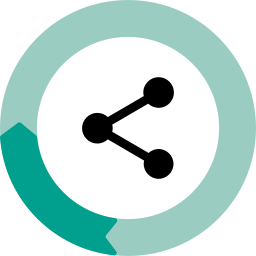All metadata must be available in the DCAT-AP Switzerland format. You must provide a catalog as an RDF file (see the example for reference).
<rdf:RDF>
<dcat:Catalog>
<dcat:dataset>
<dcat:Dataset>
...
</dcat:Dataset>
</dcat:dataset>
<dcat:dataset>
<dcat:Dataset>
...
</dcat:Dataset>
</dcat:dataset>
<dcat:dataset>
<dcat:Dataset>
...
</dcat:Dataset>
</dcat:dataset>
...
</dcat:Catalog>
</rdf:RDF>
The RDF XML harvester is based on ckanext-dcat. As a publisher you must provide a valid catalog endpoint to fetch all datasets. If the amount of datasets exeeds best practices to be fetched in one request (e.g. more than 1'000 datasets), it is recommend to implement pagination using the Hydra vocabulary.
Example:
<hydra:PagedCollection rdf:about="http://opendata.swiss/catalog.xml?page=3">
<hydra:lastPage>http://opendata.swiss/catalog.xml?page=4</hydra:lastPage>
<hydra:itemsPerPage rdf:datatype="http://www.w3.org/2001/XMLSchema#integer">1000</hydra:itemsPerPage>
<hydra:totalItems rdf:datatype="http://www.w3.org/2001/XMLSchema#integer">3479</hydra:totalItems>
<hydra:firstPage>http://opendata.swiss/catalog.xml?page=1</hydra:firstPage>
<hydra:previousPage>http://opendata.swiss/catalog.xml?page=2</hydra:previousPage>
</hydra:PagedCollection>
